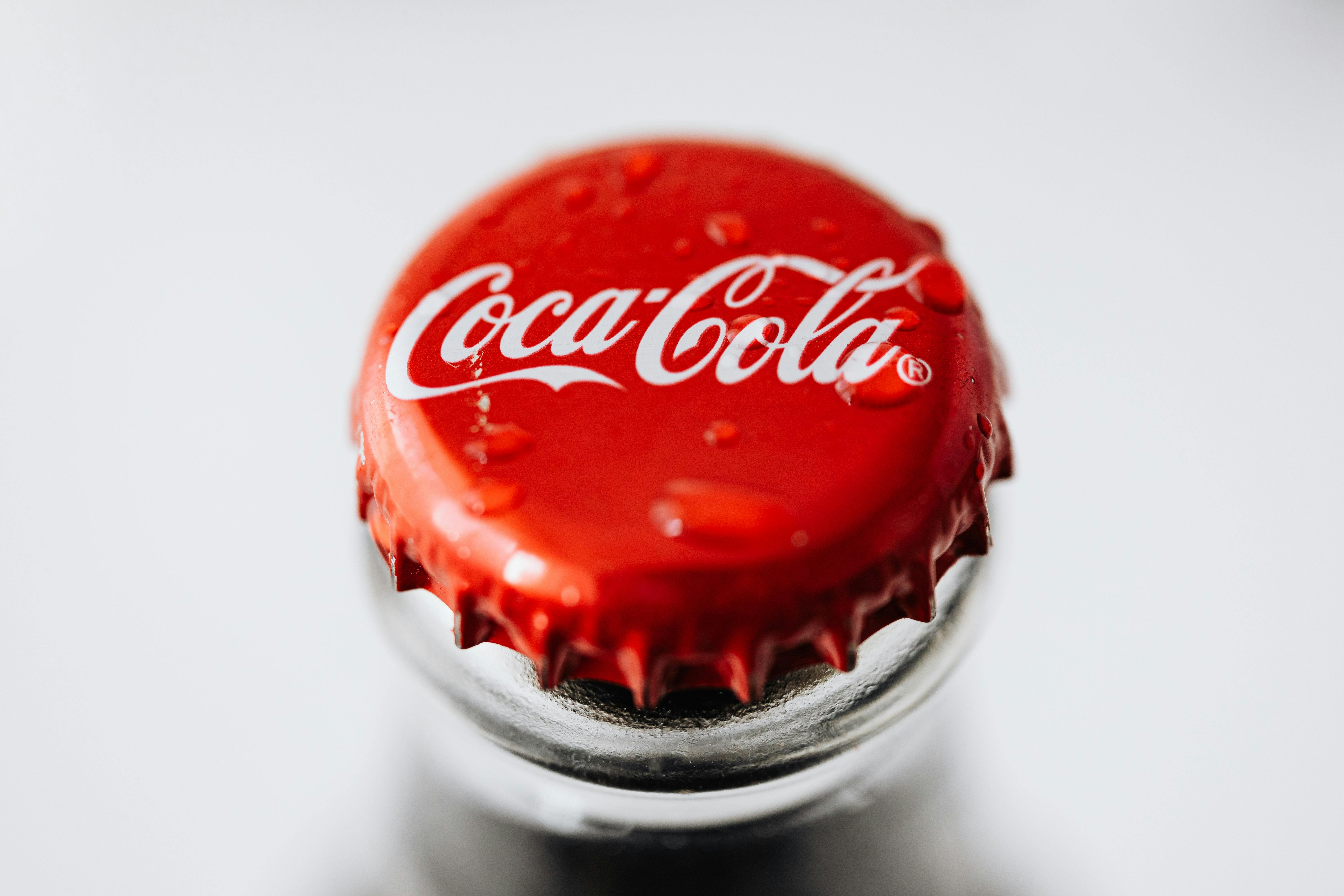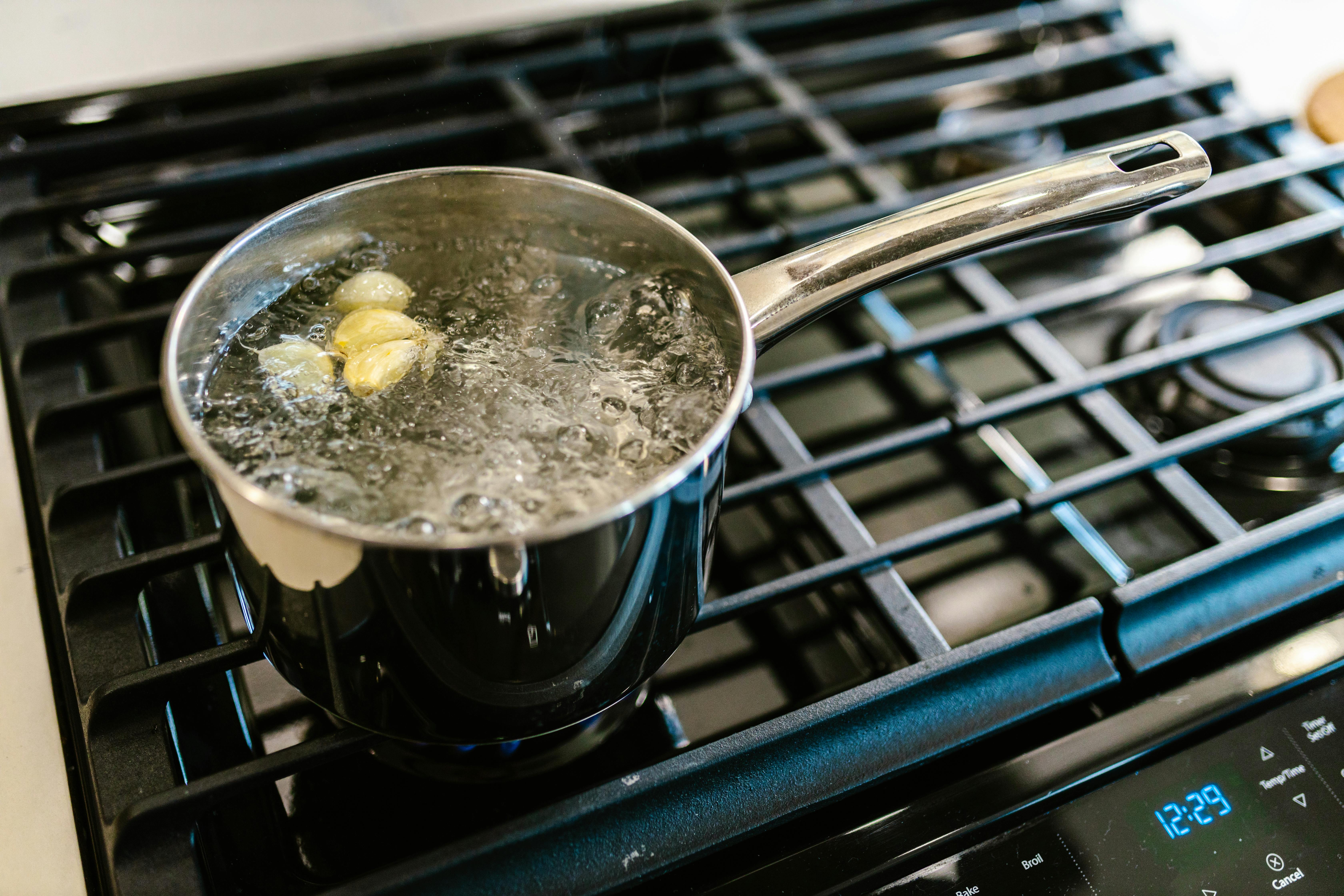Boiling water is a popular method of purifying water for drinking purposes, but is it the same as distilled water? Boiling water can help to remove certain contaminants, but it does not produce the same result as distilled water. In this article, we will explore the differences between boiling and distilling water to help you decide which method of purification is best for you.No, boiling water is not the same as distilled water. Boiling water involves heating up regular tap water until it reaches a temperature of 212°F (100°C) and turns into steam. Distilled water is created through a process called distillation, which involves boiling the water and then condensing the steam back into a liquid form. The distillation process removes impurities from the water, leaving only pure H2O behind.
Distilled Water
Distilled water is a type of purified water that has had both contaminants and minerals removed. It is created by boiling water and then condensing the steam into a clean container, leaving impurities behind. Distilled water is used for a variety of purposes, including drinking, medical procedures, and automotive applications. Many people believe that distilled water has better taste than other types of purified waters, as it does not have any minerals or other contaminants in it. Additionally, it can be stored in containers for long periods of time without the need to add preservatives or other chemicals to keep it safe for consumption.
While distilled water does not contain contaminants or minerals, it also does not contain many beneficial minerals that are found in regular tap water. This means that if someone drinks only distilled water, they may be missing out on important vitamins and minerals that help maintain healthy bodies. Therefore, it is recommended to supplement with additional vitamins and minerals when drinking only distilled water.
Another important factor to consider when using distilled water is its lack of mineral content. This means that when used in certain medical procedures or automotive applications, the finished product may lack certain qualities
Benefits of Boiled Water vs Distilled Water
Boiling water is a simple and effective way to purify water. Boiling water kills most microorganisms, including bacteria, viruses, and parasites. It also removes chlorine and other substances that may be present in the water. Boiling water will also remove any sediment or dirt that may be present in the water. By boiling the water, it will become safe to drink. The benefits of boiled water over distilled water are numerous.
Boiled water will contain some minerals that are beneficial to human health, such as calcium and magnesium. These minerals are not found in distilled water, which makes boiled water more beneficial to drink than distilled water. Furthermore, boiled water does not have a strong odor or taste as distilled water does, making it more enjoyable to drink on a daily basis.
Another benefit of boiled water is that it is cheaper than distilled water. Boiling your own tap or lake/river/stream-sourced drinking can save you money on buying bottled distilled waters from the store. In addition, boiling your own drinking can be done quickly and efficiently at home with minimal effort
Boiled Water
Boiled water is a form of purified water that has been heated to the point of boiling. Boiling is one of the most effective methods for purifying water, as it kills bacteria and other contaminants. Boiling water also removes most sediments and minerals, making it a great option for drinking and cooking. The main advantages of boiled water include its affordability, availability, and ease of use. Boiling does not require any complex equipment or specialized knowledge, making it an ideal option for those looking to purify their own drinking water. Additionally, boiling can be done quickly and simply over a stove or campfire with no additional cost involved.
The primary disadvantage of boiled water is that boiling does not completely remove all contaminants from the water. Boiling kills bacteria but will not remove other harmful substances such as heavy metals, chemicals, or dissolved solids. Additionally, boiling can leave behind minerals that may have a bad taste or may affect the overall flavor of the drink. Lastly, boiled water can be difficult to store for long periods of time without additional filtration processes being employed.
Distilled Water
How to Make Distilled Water
Distilled water is a type of purified water that has had all of its impurities removed through a process called distillation. Distillation is the process of heating water to its boiling point and then capturing the steam that results, which is then condensed back into liquid form. The result is pure, clean water without any of the minerals, salts, or other particles that are normally found in tap or spring water. Making your own distilled water at home is relatively simple and requires only a few basic items. Here’s how to do it:
You will need:
1. A large pot
2. A smaller heat-proof container that fits inside the pot
3. Ice cubes
4. A lid for the pot
5. Cheesecloth or a coffee filter
6. A collection vessel to catch the distilled water
Begin by pouring about two inches of tap water into the large pot and placing it on the stove over high heat until it begins to boil. Reduce the heat slightly so that it

Boiled vs Distilled Water
Water is one of the most essential elements for life, and understanding the differences between boiled and distilled water can be helpful when it comes to maintaining a healthy lifestyle. Boiled water is mostly used for drinking or culinary purposes, while distilled water is mostly used for medical or industrial processes. Boiling water kills any bacteria, viruses, or other microorganisms that may be present in the water, while distillation involves the process of boiling the liquid to turn it into vapor and then condensing it back into a liquid form.
The main difference between boiled and distilled water is their purity level. Boiled water has been heated to a temperature that kills any microorganisms present in it, but does not remove certain minerals such as calcium and magnesium from the liquid. On the other hand, distilled water has been heated to a temperature that removes all impurities from it, including minerals such as calcium and magnesium. This makes distilled water much purer than boiled water.
Another difference between boiled and distilled water is their taste. Boiled water has a more natural taste due to its mineral content, while distilled water has no taste at all since all of its minerals
The Safety of Drinking Boiled or Distilled Water
Boiled and distilled water are two of the safest forms of water available. Boiling water is an effective way to kill any harmful bacteria or viruses that may be present in the water. This makes it an ideal choice for those who are concerned about the health of their drinking water. Distilled water is also a safe option, as it has been processed to remove impurities and contaminants. Both boiled and distilled water are free from chlorine, fluoride, and other chemical additives that can be dangerous if consumed in large amounts.
Boiling is also a great way to make tap water safer for drinking. To do this, bring the water to a rolling boil for at least one minute before consuming it. This will kill any harmful bacteria or viruses in the water and make sure that it is safe to drink. It is important to note that boiling does not remove all impurities from the water, so it should not be used as a substitute for filtered or distilled water if possible.
Distilled water is also a safe option for drinking. The process of distillation involves boiling the
Cost Comparison of Boiled and Distilled Water
Boiling water is a common way to purify it for drinking. However, this method may not be as effective as distilling water, which produces water that is free from any contaminants. Both methods are relatively affordable, but distilled water is generally more expensive than boiled water due to the equipment and energy costs associated with distilling.
Boiled water is fairly easy to make at home using only a pot and a stovetop. Boiling water kills most bacteria and parasites, but it does not remove chemical or mineral contaminants like lead, arsenic, fluoride or chlorine. Boiling also requires energy in the form of gas or electricity to heat the water and can take time depending on how much you need. The total cost of boiling water will depend on how much energy is used to heat the pot of water and how much time it takes.
Distilled water requires specialized equipment such as a still or distillation column in order to produce pure drinking water. It involves heating the source of contaminated water so that it evaporates into steam, then collecting this steam in a separate container where it condenses back into liquid

Conclusion
Boiling water is an effective way of purifying drinking water and making it safe for consumption. However, it is not the same as distilled water. Distilled water has been purified through a much more thorough process that removes even more impurities than boiling alone. Boiling can kill most bacteria and viruses, but it cannot remove heavy metals or other toxins that may be present in the water. Distilled water is the only type of water that can provide the highest level of purity and safety for drinking.
Ultimately, if you are looking for the purest form of drinking water, distilled water is the best choice. While boiling your water can make it safe to drink, it will not remove some of the more harmful impurities that can be present in ordinary tap or well-water. For this reason, distilled water should be used for drinking purposes as opposed to boiled tap or well-water.

